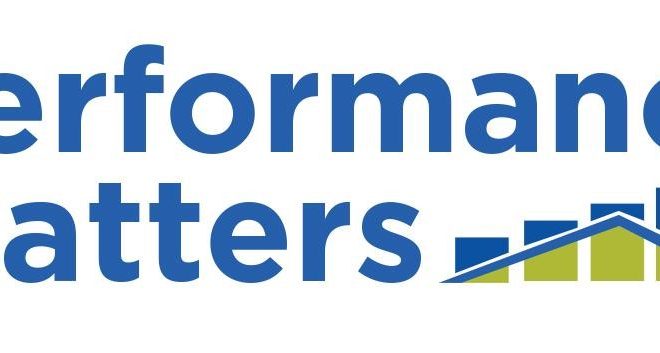5 Studies That Will Blow Your Mind

Just when it seems like most trends are predictable, you find a few that just run against common knowledge and intuition.
Read on to discover five study results that might shock you.
- Too much homework makes students poor.
Seriously.
This is a finding from Trends in Mathematics and Science Study (TIMSS). Gerald K. LeTendre, an education professor at Pennsylvania State University, explains how homework can be economically stressful.
“If we step back from the heated debates about homework and look at how homework is used around the world, we find the highest homework loads are associated with countries that have lower incomes and higher social inequality.”
The study also found that homework has no correlation to “high academic success.” So just because a teacher assigns it, and the students follow the assignment through to completion, does not automatically indicate that a student will do well.
Staying with that theme, the study shows that if kids receive too much homework, they become sleep deprived and stressed out.
What makes that information worse is that many of the students who may fall under that umbrella are just in elementary school.
- More college students are getting high—every day.
A new survey released by the University of Michigan shows that marijuana use with college students is on the rise.
“Daily or near-daily marijuana use was reported by 5.9 percent of college students in 2014 — the highest rate since 1980, the first year that complete data was available in the study. This rate of use is up from 3.5 percent in 2007.”
Even for students who only use it socially or just occasionally, there has been an uptick in the numbers.
“The percent of students using marijuana once or more in the prior 30 days rose from 17 percent in 2006 to 21 percent in 2014.”
If this seems like bad news, there is a silver lining attached. College students no longer smoke as many cigarettes as they used to. Just 13 percent of college students said that they smoked a cigarette in the last thirty days.
- For-profit institutions are the major offender when it comes to student loan debt.
A new report by the Brookings Institute asserts that a good chunk of student loan debt is held by students who attend for-profit institutions.
“The so-called student loan crisis in the U.S. is largely concentrated among non-traditional borrowers attending for-profit schools and other non-selective institutions, who have relatively weak educational outcomes and difficulty finding jobs after starting to repay their loans.”
That’s a fairly significant finding.
Students who attend non-profit private schools or public universities do not face the same debt issue because their job prospects are much higher upon graduation.
“[T]the median borrower from a for-profit institution who left school in 2011 and found a job in 2013 earned about $20,900—but over one in five (21 percent) were not employed; comparable community college borrowers earned $23,900 and almost one in six (17 percent) were not employed.”
The report also finds that students who attend the University of Phoenix hold the most debt. In 2014, students there held over $35 billion dollars in student loan debt.
- 11 states spend more on prisons than on higher education
According to a new report by the American Academy of Arts and Sciences, 11 states spend more money on correctional facilities than public research universities.
Higher education spending didn’t start to fall once the recession started. Funding for higher education in many states begin toppling back in 1990 from 14.6 percent to just 9.4 percent in 2014.
Michigan, Oregon, Arizona, Vermont, Pennsylvania, New Hampshire, Delaware, Rhode Island, Massachusetts, Colorado, and Connecticut all failed to make the cut. Each state has a higher budget for jails and prisons than public research universities.
Adjusted for inflation, spending on corrections increased over 140 percent between 1986 and 2013.
Oregon seems to be the worst offender. Less than 5 percent of general fund expenditures are dedicated to higher education but the state spends nearly 15 percent of that money on correctional facilities.
- Teaching observations performed by submitting a video might be as effective as the traditional in-person observations.
An interesting study released by the Best Foot Forward Project, a part of the Center for Education Policy Research at Harvard University, examines how effective classroom observations may be if conducted by video.
400 teachers from California, Colorado, Delaware, and Georgia participated in a two-year project to analyze if “video technology can make the classroom observation process easier to implement, less costly, and more valid and reliable.”
This has had positive results. After reviewing the video, teachers were more “self-critical” and “rated their own instruction lower than comparison teachers, particularly in terms of time management and their ability to assess student mastery during class.”
But maybe two of the biggest wins from the study were found in the interaction between teachers and their supervisors as well as teachers finding ways to improve.
The study found that “63 percent [of teachers] reported that video was ‘quite helpful’ or ‘extremely helpful’ in identifying areas where they need to improve.”
Regarding teachers and supervisor interaction, the project found that there were “fewer disagreements on the ratings they received and were more likely to describe a specific change in their practice resulting from their post-observation conference.”
Overall, this study was loaded with good and useful information regarding how teachers are observed and the wins received when video is used instead of an in-person observation.
Did any of these results surprise you? What do you think these findings mean for the state of education in our country?




